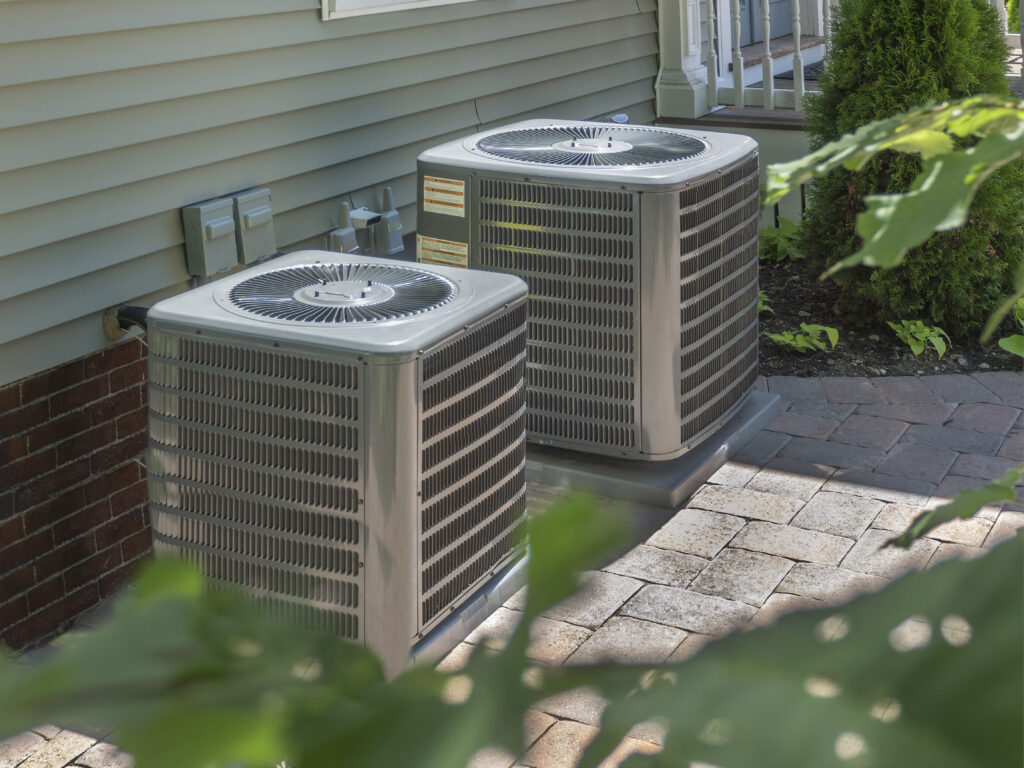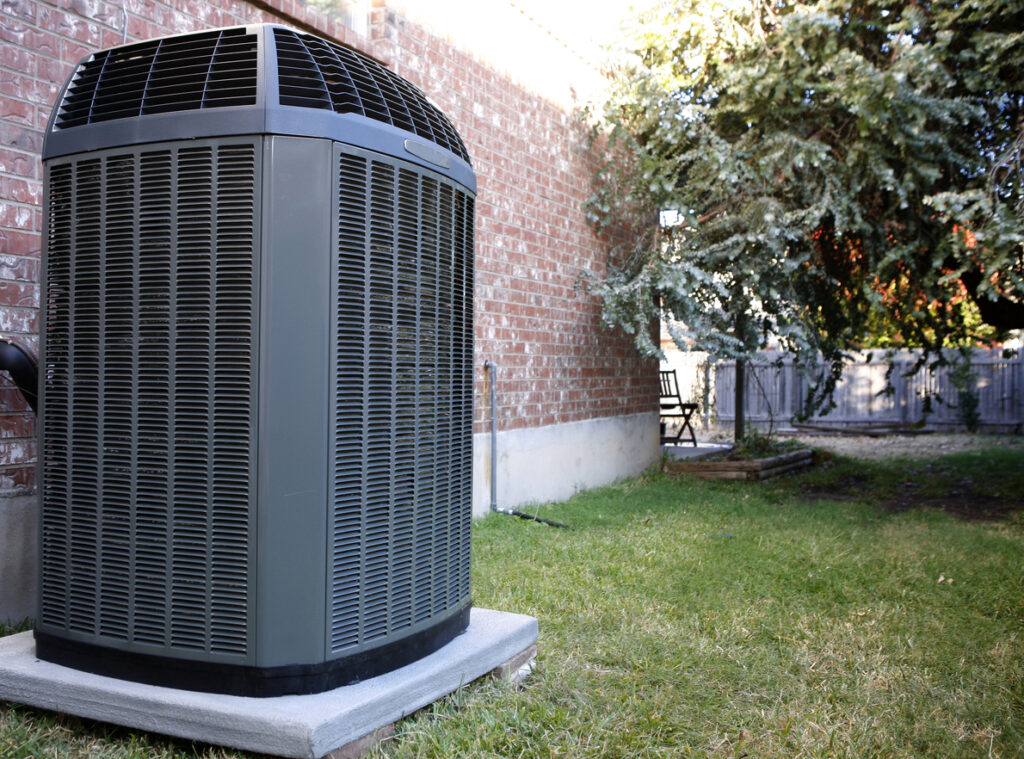The United States Department of Energy has mandated new energy efficiency requirements for all residential water heaters, including gas, electric, oil, and tankless gas heaters. The mandates require higher energy efficiency ratings and will impact the design, manufacturing, and installation of water heaters beginning in April 2015. Increased cost for water heater replacement or installation, larger sized units, increased noise and changes in venting are just a few of the effects the new regulations will have on homeowners.
An article from Plumbing Perspective Magazine details the impact of the new energy efficiency requirements on homeowners. Perspective Magazine interviewed Ralph Perez, director of product management at A.O. Smith and Chad Sanborn, product marketing manager at Bradford White Water Heaters. A.O. Smith and Bradford White are two of the three manufacturers of water heaters in the United States.
“One result of the new EF mandate is that homeowners will likely face increased product and installation costs for a replacement water heater that complies with the 2015 efficiency standards. ‘How much more will depend on the type and size of water heater they require to meet their needs,’ Perez said. ‘In some cases, homeowners may incur additional expense for the installation of equipment that is physically larger or uses a different technology than the old unit they are replacing.’
For example, a homeowner might decide to purchase a heat pump water heater or one of the highly efficient gas water heaters. Homeowners might face additional expenses related changes to the venting for gas, adding a 120-volt outlet or making provisions for the disposal of condensate.
‘In some cases, the water heater may have to be relocated to operate properly or to mitigate noise,’ said Sanborn. ‘While the operating cost of the new water heaters will be less because of their increased energy efficiency, it is likely that the maintenance costs will increase because of a more sophisticated design, and the integration of electronics,
blowers, fans, condensers, or other components.’
Another drawback is that a new water heater is likely to have lower hot water deliverability than prior models. ‘For example, a model with less input may be required to achieve the higher efficiency, which will ultimately result in less hot water delivered,’ Sanborn said.
On the positive side, the energy savings from the new technology can help offset some of the product and installation costs. ‘The savings realized will depend on the type of product sold,’ said Perez.
‘Homeowners who purchase highly efficient condensing gas or heat pump electric water heaters can anticipate average savings ranging from $60 for natural gas and more than $300 for electric,’ Perez said. ‘Electric heat pump water heaters may also provide some welcome supplemental cooling and dehumidification resulting from the heat pump system,’ he added. ‘Of course actual savings realized vary depending on actual hot water use and local energy costs.’”
Maeser Master Services is proactively preparing our service technicians for these new water heater design and installation changes. Our technicians are being trained and educated about the changes in the process of installation, replacement, and maintenance of the new water heater designs and installation requirements. Our technicians can answer questions and aid our customers in understanding the new changes and water heater options and in making a choice when it is time for a new water heater.




